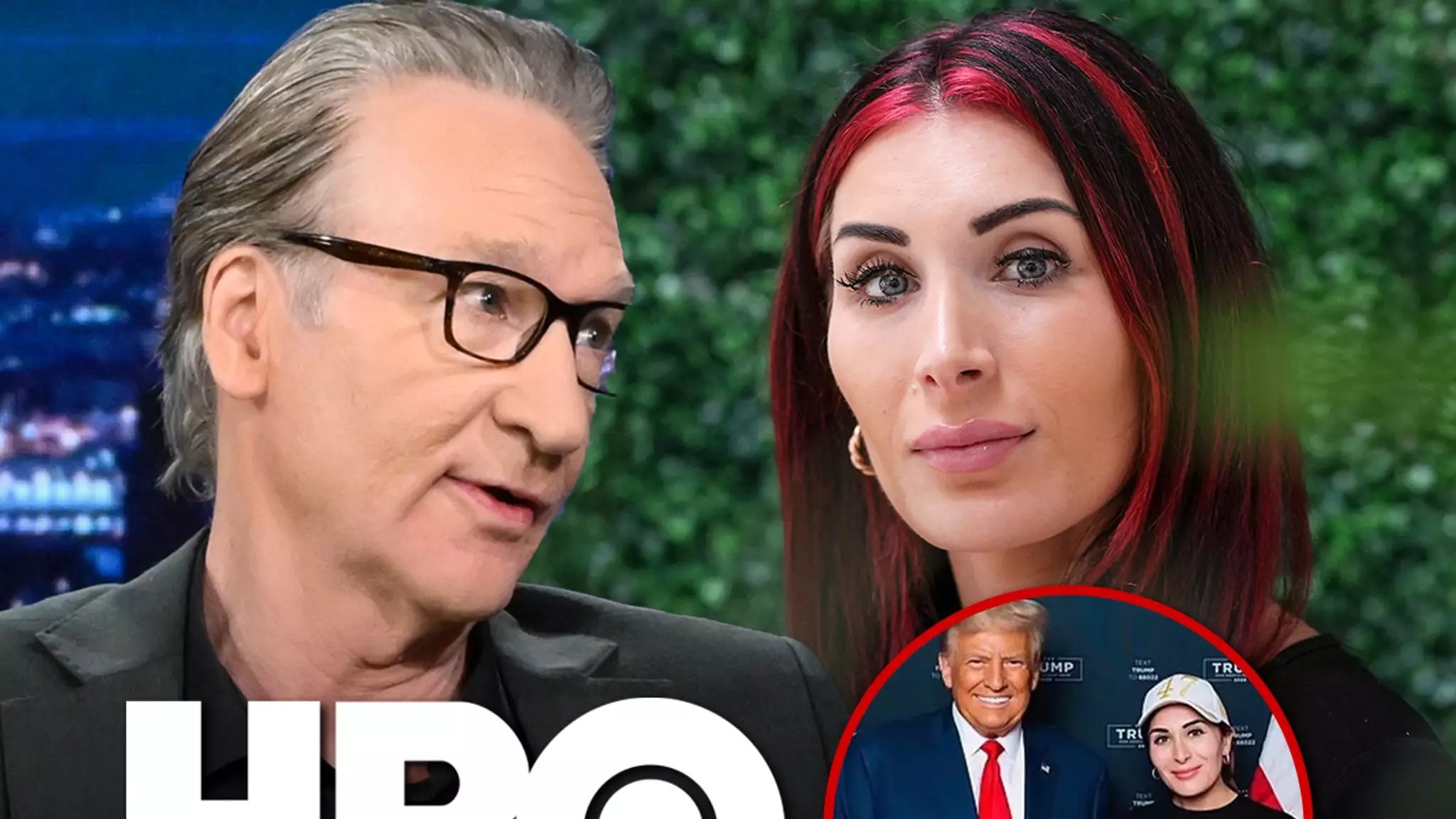In a striking turn of events that intertwines the realms of entertainment and politics, HBO’s “Real Time with Bill Maher” has become a battleground for a legal dispute involving one of Donald Trump’s most fervent supporters, Laura Loomer. The conservative firebrand has filed a staggering $150 million lawsuit against Maher, claiming defamation stemming from remarks made during a September 2024 episode of his show. The gravity of such a lawsuit not only highlights the contentious landscape of American political discourse but also raises broader questions about the responsibilities of public figures when making incendiary statements.
The controversy erupted when Maher, in a show segment, speculated about Loomer’s alleged relationship with Trump. “Perhaps Laura Loomer’s in an arranged relationship to affect the election,” he posited, adding allegations that were both personal and provocative. This comment, as it turned out, struck a chord with Loomer, who quickly refuted these claims in her legal filing. The crux of her argument revolves around the assertion that Maher’s statements were not only baseless but designed to tarnish her reputation and amplify his own.
Loomer insists that she has never had any romantic entanglements with Trump, pointing out his marital status as a key factor undermining Maher’s assertions. The lawsuit underscores a pattern where public figures wield their voices—often irresponsibly—leading to potentially damaging ramifications for those implicated.
This legal clash brings to the forefront the debate over media influence and the accountability of figures in the limelight. Bill Maher, frequently celebrated for his satire and political commentary, now finds himself thrust into a legal arena that challenges the limits of free speech when it collides with defamation claims. Loomer’s rebuttal marks a notable instance where an individual seeks redress against perceived fabrications propagated by a high-profile television personality.
The consequences of such statements can echo significantly in the public arena, especially in a polarized political climate. Maher’s comments not only threaten to harm Loomer’s reputation but also impact public perception in a potentially inflammatory manner.
Trump, paying attention to the controversy, has not shied away from expressing his disdain for Maher, branding him a “befuddled mess” on his social media platform. This sentiment reflects the intricate dynamics at play, as tensions between Maher and Trump have long simmered beneath the surface of their public personas. Loomer’s lawsuit is emblematic of a broader adversarial relationship characterized by fierce rhetoric and unyielding loyalty from Trump’s supporters.
As the case unfolds, it will serve as a key litmus test for how courts interpret defamation in the context of political commentary, especially considering the high stakes involved. Loomer’s demand for such a hefty sum further punctuates the seriousness of her claims and could set a precedent that impacts future discourse.
As public interest swells surrounding this case, the implications stretch beyond Loomer and Maher, hinting at potential ramifications for freedom of speech and the delicate balance between personal reputation and public expression. The legal proceedings are set to capture attention, leaving many to wonder how they will dissect the nuances of satire, truth, and public persona in this unprecedented confrontation.
Ultimately, this ongoing saga serves as a reminder of the ever-blurring lines between entertainment, politics, and the law in contemporary America. As the court prepares to deliberate, one can only speculate about the outcome and its impact on an already fractured political landscape.







Leave a Reply